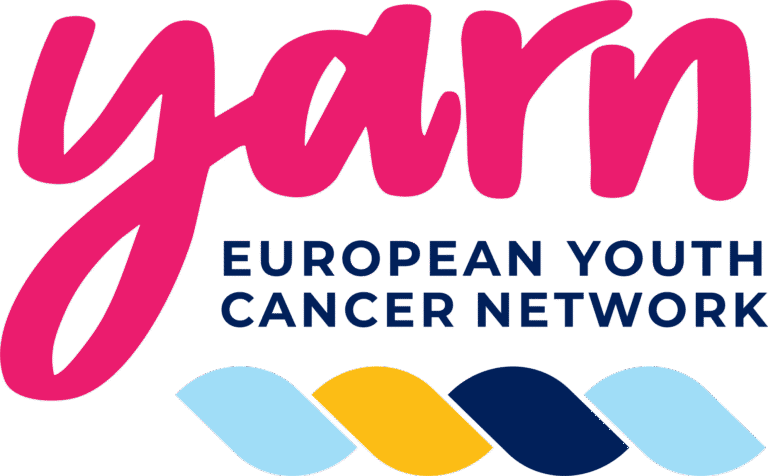Psycho-oncology, derived from the blend of psychology and oncology, stands as a beacon of support for individuals grappling with the challenges of cancer. In the realm of cancer counseling, it plays a pivotal role in addressing the psychological, social, and socio-legal dimensions of the disease. This article delves into the world of psycho-oncology, exploring its interdisciplinary nature, the techniques employed by psycho-oncologists, and the crucial importance it holds in different phases of cancer care.

The Interdisciplinary Canvas of Psycho-oncology
Definition and Significance
Psycho-oncology, often referred to as psychosocial oncology, entails the psychological care of cancer patients and survivors. It acts as a form of interdisciplinary psychotherapy, intertwining elements of clinical psychology to navigate the complex landscape of cancer-related psychological distress.
Incorporating Multiple Dimensions
At its core, psycho-oncology goes beyond addressing emotional turmoil. It encompasses the social and socio-legal conditions associated with cancer, acknowledging the multifaceted challenges individuals face during their cancer journey.
Navigating the Path of Support: Role of Psycho-oncologists
Supporting Patients Through Techniques
Psycho-oncologists play a pivotal role in helping patients cope with the psychological intricacies of cancer. Employing various techniques such as crisis intervention and resource-oriented interventions, they aim to strengthen the patient’s competence in facing the illness head-on.
A Holistic Approach to Coping
The responsibility of a psycho-oncologist extends across all phases of the disease – from the acute treatment stage to rehabilitation and even after successful treatment. This continuous care ensures that the psychological well-being of the patient remains a priority.
Empowering Patients Through Conversational Strategies
The Human Touch in Psycho-oncology
Taking a conversational approach in psycho-oncological care adds a human touch to the therapeutic process. It creates an environment where patients feel heard, understood, and supported in their journey.
Simplifying Complexity for Patients
To bridge the gap between psychological concepts and patient understanding, a key strategy is simplification. Psycho-oncologists convey complex ideas in an accessible manner, ensuring patients actively engage in their own healing process.
Enhancing Engagement Through Questions
Rhetorical questions become a powerful tool in the hands of a psycho-oncologist. Thought-provoking queries encourage patients to reflect on their emotions, fostering a deeper understanding of their mental state.
Metaphors and Analogies for Understanding
Incorporating metaphors and analogies aids in making complex psychological concepts relatable. By drawing parallels with familiar experiences, psycho-oncologists facilitate a better understanding of the emotional journey.
Navigating Challenges in Psycho-oncology
Dealing with Perplexities
Perplexities are inherent in the emotional landscape of cancer. Psycho-oncologists navigate these complexities with empathy and understanding, providing a safe space for patients to express their emotions.
Managing Burstiness in Responses
Emotional burstiness, marked by sudden and intense emotional expressions, is addressed with sensitivity. Psycho-oncologists skillfully manage these bursts, ensuring that patients feel supported through every surge of emotion.
Step-by-Step Guide to Psycho-oncological Care
Crisis Intervention Techniques
During acute phases of cancer treatment, crisis intervention techniques become crucial. Psycho-oncologists step in to provide immediate support, helping patients cope with the overwhelming emotions associated with diagnosis and treatment.
Resource-oriented Interventions
Beyond crisis moments, psycho-oncologists employ resource-oriented interventions. These interventions focus on equipping patients with the psychological resources needed to navigate the challenges of cancer survivorship.
Get to know us better
If you are reading this, you are in the right place – we do not care who you are and what you do, press the button and follow discussions live

Ensuring Continuity of Care: Post-treatment Follow-up
Importance of Follow-up Care
Psycho-oncological care extends beyond the active phases of treatment. Post-treatment follow-up ensures that patients continue to receive the psychological support they need as they transition into survivorship.
Long-term Impact on Patient Well-being
The long-term impact of psycho-oncological care is evident in the enhanced well-being of patients. By empowering individuals to cope with the psychological aspects of cancer, this holistic approach contributes to a more resilient survivorship.
Conclusion: A Call to Prioritize Psychological Well-being in Cancer Care
In the intricate tapestry of cancer care, psycho-oncology emerges as a vital thread, weaving together the psychological, social, and emotional aspects of the patient’s journey. By prioritizing the mental well-being of individuals facing cancer, we pave the way for a more holistic and resilient approach to survivorship.
Frequently Asked Questions (FAQs)
- What is the role of a psycho-oncologist?
A psycho-oncologist plays a crucial role in providing psychological care to cancer patients. They employ various techniques to support patients in coping with the emotional challenges associated with cancer.
- How does psycho-oncology contribute to patient empowerment?
Psycho-oncology empowers patients by strengthening their competence in coping with the psychological aspects of cancer. It provides support throughout different phases of the disease, enhancing overall resilience.
- Can psycho-oncological care continue after successful treatment?
Yes, psycho-oncological care is designed to continue post-treatment. Follow-up care ensures that patients receive ongoing support as they transition into survivorship.
- How does a conversational style benefit cancer patients in therapy?
A conversational style creates a supportive and understanding environment. Patients feel more comfortable expressing their emotions, leading to a more effective therapeutic relationship.
- Why is the interdisciplinary nature of psycho-oncology essential?
The interdisciplinary nature of psycho-oncology allows for a comprehensive approach to cancer care. It addresses not only psychological aspects but also social and socio-legal dimensions, ensuring holistic support.

















Comments
Thank you. Comment sent for approval.
Something is wrong, try again later